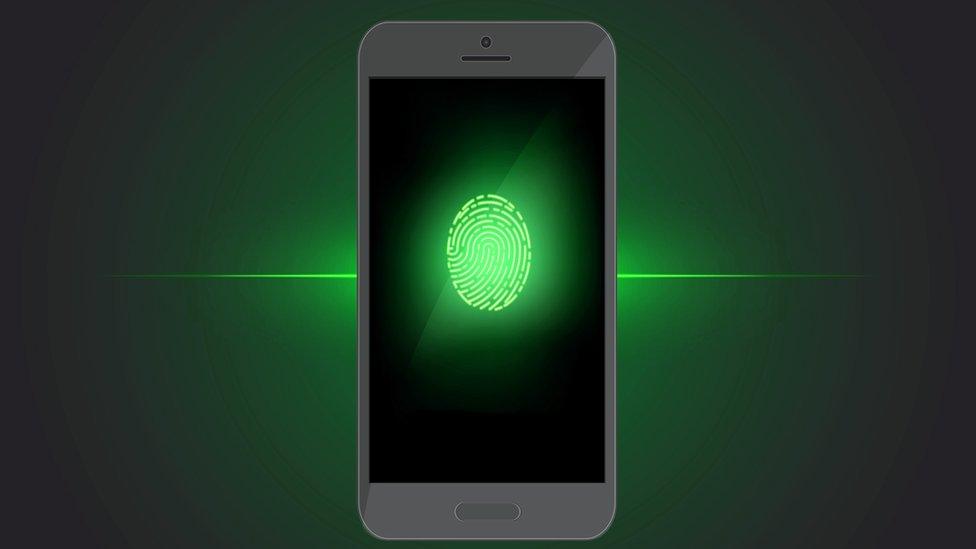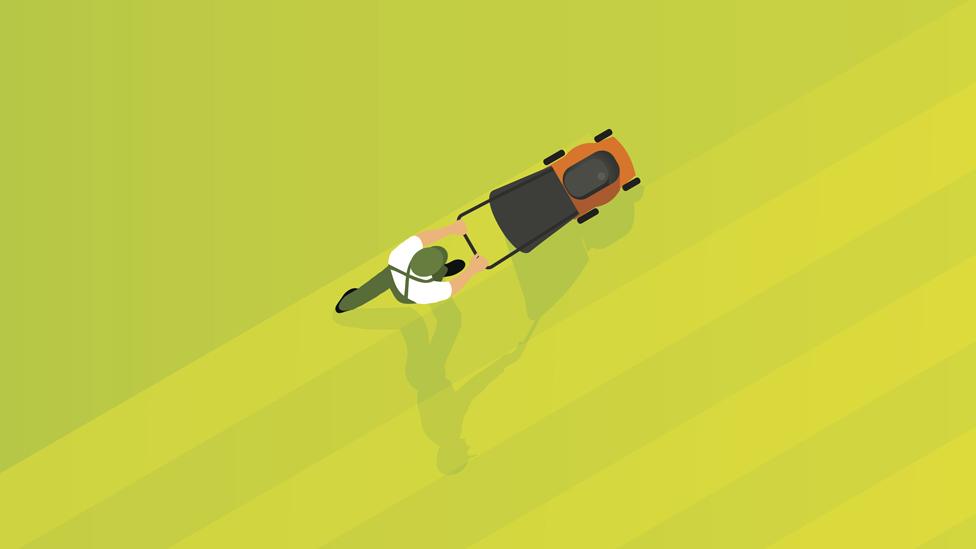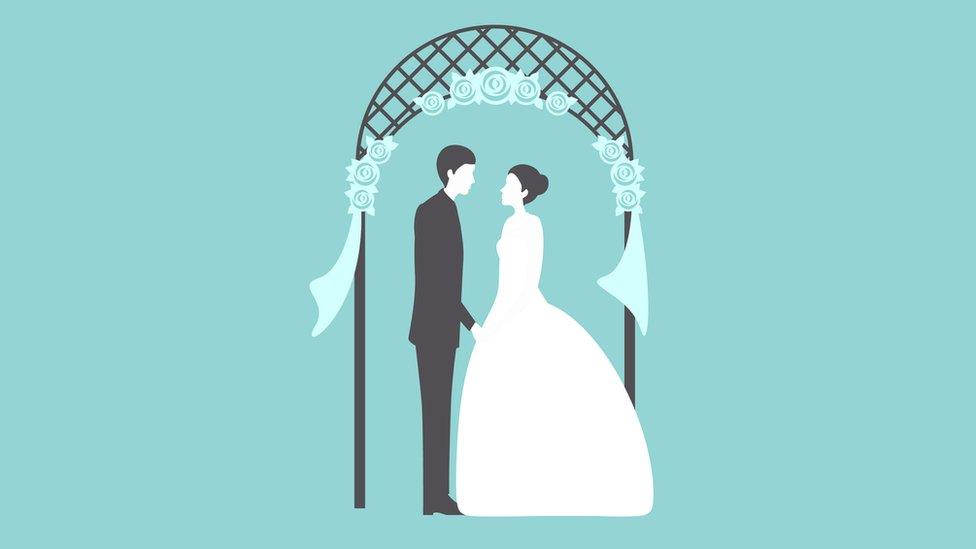The man with (almost) no data trail
- Published

No Facebook account. No Twitter. No Instagram.
No smartphone. No tablet. No online banking.
Just an email account accessed at the local library and a chunky Nokia 3210 with a built-in torch.
Felix, not his real name (as you might expect...), lives without the tools and social media accounts that are woven into most of our lives.
For many of us it's a love-hate relationship - enjoying the regular social contact with friends and family and the efficiencies but lamenting the banality of much of it and the hours it sucks up.
And most recently there's the matter of the digital trail we leave behind us, the breadcrumbs that social media companies gather up and sell, as we lose track of who knows what about our movements, our needs, our impulses and behaviours.

Felix, a 33-year-old gardener, has been swimming against the tide for years.
In 2018, it may sound like a staunch political statement to veer away from technology and the internet, he says, but, in truth, he just never fancied it.
As new technology emerged and became mainstream, Felix wasn't drawn to it.
"They weren't useful to me. I got along without them, like playing the trombone," he says.
But the world spun several times and a couple of decades later Felix now finds himself something of an anomaly.
People treat him with a sort of low-key admiration and slight bemusement, he says, and when new people see his phone for the first time "they crack up".
"Most people think if you can live your life that way, good on you. But most wouldn't want to live like this," he says.
And don't write off Felix as someone with little knowledge of the modern world - he is aware of today's technology used by others his age.
"I would never say you should throw your Alexa in the bin," he says.
"But it is easier to have a natural human engagement with the world and other people without layers of technology interfering with that."
He does use the internet at the library, going online about twice a week for an hour at a time.
Typically he'll work through a list of admin tasks, searching for numbers, addresses, or finding out about a new band - music is his passion. Rarely will he venture onto Facebook or Twitter.

"When Facebook came out I was interested that it was becoming so popular. So I had a look at a friend's profile to see the shape of it - that was enough for me. I didn't touch it for 10 years," he says.
Now he might look up a public event advertised on it or scroll through Twitter, albeit without feeling the need to create his own account.
Asked what he does with all the time he saves by avoiding social media, he laughs and calls it a funny question.
"Social media is not a fundamental human need. I'm just not sure people were wandering round in 1995 thinking it's a crying shame I don't know what Kim Kardashian had for lunch."
There are no computers at his family home in Kent, where he lives with his parents, and no tablets or Netflix, just a Freeview box and a TV.
"I don't have a hunger for the new thing.
"If I don't see Game of Thrones, I assume it will be around for a long time. It diffuses the immediate requirement to gobble things up," he says.
But he is on the electoral register and his home number is in the phone book. This type of public data bothers Felix less.
"It's older, more firmly established. It was not driven by a thirst for monetising thoughts and personality. It was more expressly an exchange," he says.
He also carries an Oyster travelcard, meaning authorities could track his movements around the capital.
"I don't love the fact that someone could find out where I'm travelling to in London, but my thinking isn't fuelled by paranoia."
Being traceable is an unpleasant symptom of life today, he says, and if he can avoid his life being publicly available, he will.

Felix says he expects to see a few more people leave Facebook and chop up their credit cards as a sort of political statement but believes the uptake is so complete and the digital footprint is so deep, most of us are welded to it - it's how we process our world.
At times, this interview has been uncomfortable for Felix, who asked us not to share his real name.
"I am quite far away from having a digital identity," he says. "It's quite a big step for me to have something documented for me online."
But he says he can understand the interest in his own non-digital stance, given the recent attention around Facebook and what it does with our data.
News that the social network users' data is harvested and sold without explicit permission did not come as a surprise to Felix but he does find it distasteful that Facebook packages itself with a friendly face as though it's more than just a business.
Does he feel relieved that his own data was never at risk?
"There is a small part of me that thinks it's nice I don't have to have that on my mind," he replies.
Felix says he has no intention of changing tack, despite everyone around him, including his older brother, having "normal" attitudes towards technology.
But, surely, there must be something he feels he is missing out on? Breaking news updates, social gossip, looking through pictures of events he has attended?
Finally, he cracks... but just a little.
"I'm indifferent to pictures of that gig, that dinner we went to, but I do have a pang about the wedding pictures I might miss seeing. I don't get to see them because no hard copies exist of them."
But is that enough incentive for Felix to get a Facebook account, to surrender to a world of likes and random friend requests. Still his answer remains an emphatic "no".